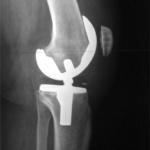The probability issue
Medical Decision making
In medicine’s recent past, Dr. Welby could be counted on to dispense sage fatherly advice. Fast forward a decade or two, and Dr. Grey often lays out the options while addressing their and their patient’s angst.
First, a little background to give the research some context. [1]





